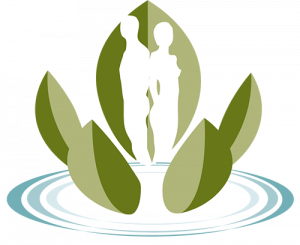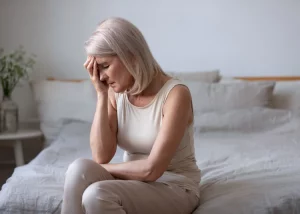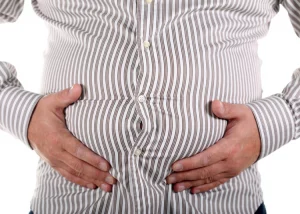
What is Artificial Menopause due to Hysterectomy?
Complete Hysterectomy
One in every four American women will artificially enter menopause at a young age, due to a complete hysterectomy (surgical removal of the uterus, fallopian tubes, and ovaries). Hysterectomy is most often recommended for women with fibroid tumors, severe endometriosis, cancer, or constant, heavy bleeding. A complete hysterectomy involves surgical removal of the entire reproductive tract, including the uterus, tubes, and ovaries. Unfortunately, up to 90% of the time, a woman’s pelvic organs will be removed for benign disease that could have been treated with nonsurgical approaches. Once a woman has a complete hysterectomy, her body immediately enters menopause, regardless of her biological age. Unlike natural menopause, however, no ovaries remain to produce even low levels of hormones. As a result, her body goes into sudden shock. Too many physicians make the mistake of prescribing only estrogen after a complete hysterectomy, but estrogen alone is not enough. In fact, it triggers estrogen dominance. What is needed is a new and balanced supply of all the sex hormones: estrogen, progesterone, testosterone, as well as DHEA, in many cases.
Partial Hysterectomy
The thought that the ovaries’ production of hormones is not affected by a partial hysterectomy, in which the uterus is removed but the ovaries remain, is another common misconception. The ovaries are significantly impacted by a partial hysterectomy because there are two primary pathways for blood flow to the ovaries: through the aorta, and through the uterus. When the uterus is removed, the flow of blood to the ovaries is reduced (because the uterine artery is cut), and consequently the production of hormones is reduced. While the hormone imbalance caused by a partial hysterectomy is not as great as with a complete hysterectomy, there is still a change in levels that can have a significant impact on a woman’s symptoms.
Artificial menopause can also occur as a result of radiation or chemotherapy treatment, or by the use of certain drugs that catalyze menopause for medical reasons, such as to shrink fibroid tumors. Because there is no opportunity for gradual adjustment to the drop-off in hormone levels, the symptoms of artificial menopause can be sudden, severe, and debilitating, requiring a more immediate intervention of supplemental hormone therapy.
How Can I Restore Hormone Balance after Artificial Menopause?
Dr. Randolph has created specific guidelines to help you determine your individual supplementation needs, depending on your age, symptoms, and hormone test results. All hormonal supplements are bioidentical formulations that duplicate the natural physiology of hormones in the body. Ingredients as listed are derived from natural and/or plantbased substances.





